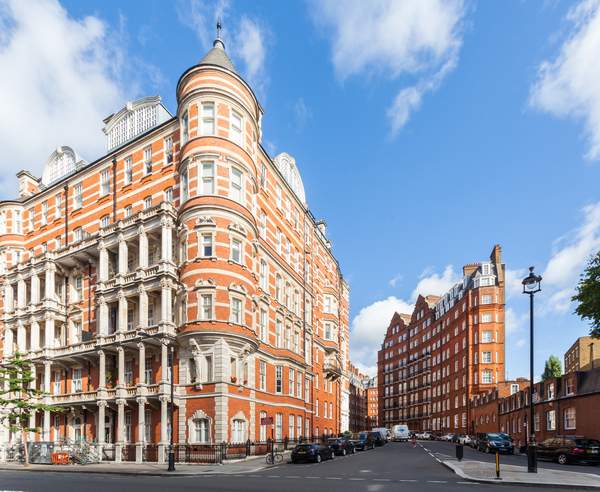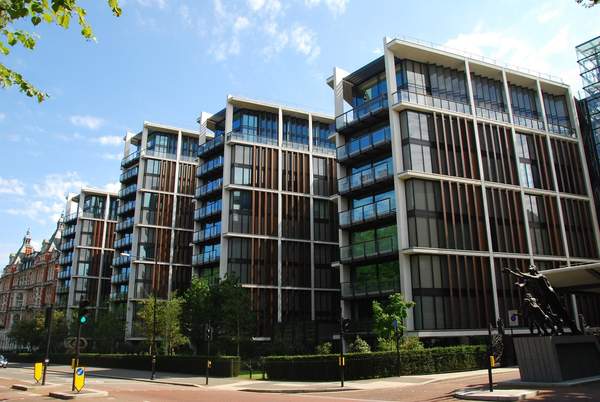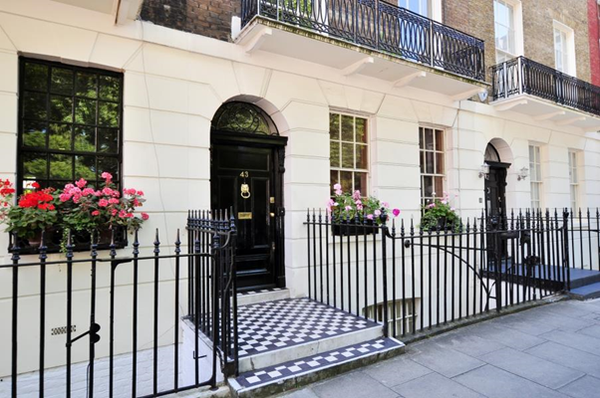‘Super-prime’ £10 million-plus property sales in London have dropped by 86% during the past year alone. Only five properties in the financial category sold in the three months to August this year. Rather than selling up, prime property owners are now focusing on refurbishing existing assets to save on stamp duty or sell when the industry picks up. What’s next for London’s prime property market, and where are the opportunities for investors after a challenging year?

A challenging year
Challenges hit London property markets in the first quarter this year with the introduction of a 3% Stamp Duty charge, which has been as much of an issue as Brexit for prime asset holders and second home owners. The hike put an early dent in the buy-to-let investment market, and rather than selling on prime property, the general trend for landlords has been to hold on to properties until wider economic conditions have stabilised.
2016 hasn’t fared well for London’s prime property markets, but forecasted projections over the next five years paint a more positive picture. On the whole, forecasts in the aftermath of Brexit are heavily reliant upon speculation. However, the resilience of the UK jobs market and prime property price growth in some areas of London are developing signs of strength ahead of negotiations.
It is widely accepted that the impact of Brexit doesn’t compare to the impact of the 2008 credit crunch on the UK housing market. Brexit has the capacity to shape the prime markets over the next five years, and it will. Having said that, it is unlikely to be the catalyst for another round of stringent regulation and emergency financial measures, like altering the interest rate dramatically and injecting a massive amount of quantitative easing into the economy.
Previously buoyant growth forecasts in the industry have now changed gear. During the two-year negotiations period, market fluctuations are expected to volatile, with upcoming uncertainty in the property markets likely to transfer wealth to gold investment and other alternative assets.

Opportunities
Winter is often a time for sales slumps in the UK as part of the industry’s cyclical nature. However, with an eventful Q1 in 2017 on the horizon, including a range of economic scenarios yet to play out, falling mortgage rates and weaker demand have created an opportunistic lull period for prime property investment before the markets gather speed next year.
Current reluctance to sell in London, which has caused a sales slowdown, has boosted demand in the prime lettings market. Rents are set to rise faster than house prices, with asking prices set to rise by 17.6% across the UK and 19.9% in London, or more depending on the publication you read* – outstripped only by Bristol. This will create even greater opportunities in the PRS sector to offset the flat lining residential house price growth.
According to the latest Knight Frank index, activity is gathering pace in the £2 million to £5 million property bracket. Growth, however, is following similar area trends that have been in place since 2015. Spent areas like Kensington and Chelsea have experienced falls of up to 5.2% and 8.9% respectively, while areas with capacity for growth, like Islington and the wider City Fringe, have undergone price growth of 3.6% and 4.8% respectively.

Residential insights and analysis
London Resi 2016 has been completely updated to reflect the current market, with presentations from some of the most respected figures in the sector. The conference takes place on Wednesday 23rd November 2016 at The Cavendish Conference Centre in London W1.
The Event will look at maximising opportunities in a residential sector that is now seeing institutional and international investment.

The panel will review current investment, examine different areas of professional involvement and how the market is evolving by examining prominent industry questions, such as:
- Where are the regional hotspots for investment opportunities and how does the proposition look?
- How is Brexit perceived on the Continent? Will European investors now be reluctant to invest in the UK or will they see it as an opportunity?
- What institutional involvement opportunities might there be in the residential investment market?
- Logistics & Management - What is required to make large scale PRS actually work in the UK?
Our next London Resi conference event will take place on 23rd March 2017. Speakers will include:
- Mayors Head of Housing James Murray
- Berkeley Group Chief Executive Rob Perrins
- Quintain Chief Executive Angus Dodd
- Savills Head of London Residential Development Dominic Grace
For further information and booking requests, please contact the LD Events team.